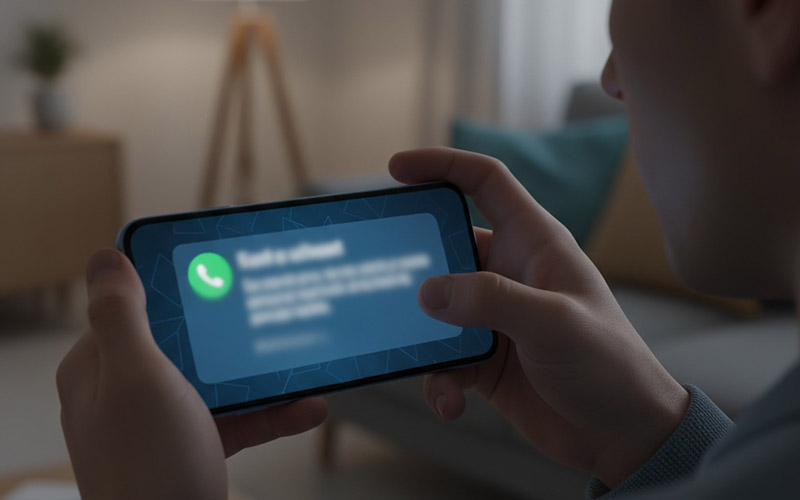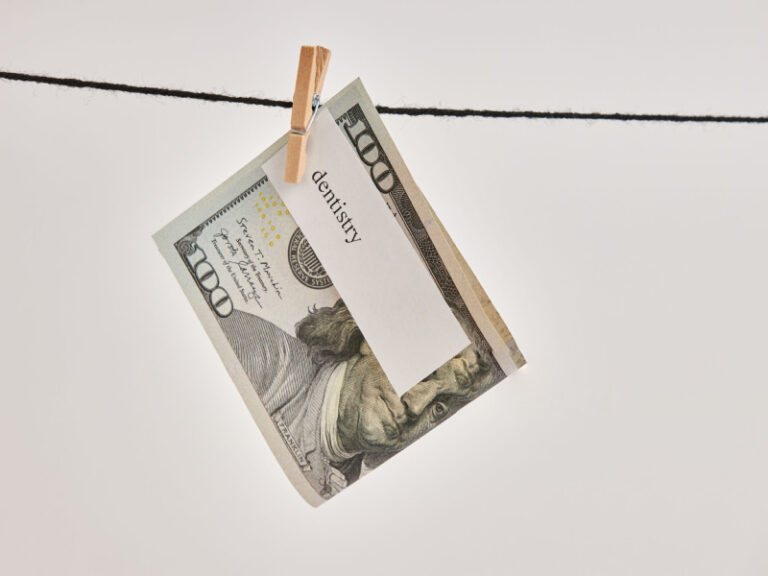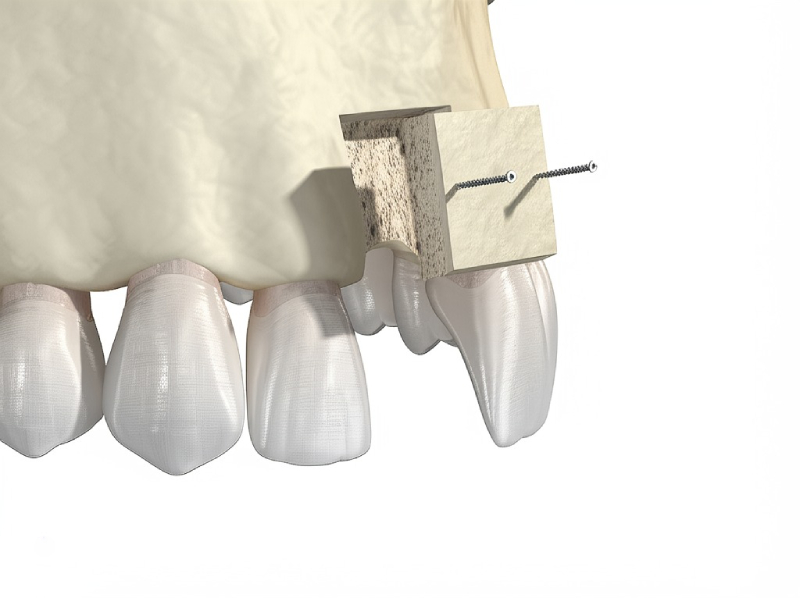
Do Dentist Bills Go to Collections? My Personal Journey with Unpaid Dental Debt and What I Learned
Table of Contents
My First Time with Dental Debt
Let me be straight with you: I sat in the dentist’s chair one morning, dreading what was next. Not the root canal—I was ready for that. It was the bill. Even with my dental insurance, the price was shocking. Like a lot of folks, I thought I could wait a little bit before paying. I was wrong.
A few months later, I started getting calls from a debt collector. My head spun. I kept asking myself: “Can dental bills really go to collections? Will this wreck my credit? Am I in trouble with the law? What should I do now?”
This article is the guide I wish I’d had. I’ll show you what I learned about dental debt, how it affects your money, and, most importantly, how you can make sure it doesn’t get out of hand.
Yes, Dental Bills Can Go to Collections
How a Dentist Bill Ends Up in Collections
When I couldn’t pay my dentist bill right away, I thought I’d just get a few reminder letters. What I didn’t know is that some dentist offices hand off unpaid bills to collection agencies quicker than you’d think. In my case, after about four months (120 days), the unpaid bill got sent out. Now my biggest problem wasn’t my tooth. It was collection calls and a bad mark on my credit.
Here’s how it usually goes:
- The dentist sends you a bill.
- If you don’t pay, they follow up a few times—at first, it’s just friendly reminders.
- After 90 to 180 days, the debt often goes to a collections agency.
What Makes a Dental Bill Go to Collections?
When my bill got sent to collections, I blamed myself. If I’d understood how it happens, I might have acted faster. Here’s what usually sets it off:
- Not paying or making a payment plan after a few reminders.
- Not answering the dentist’s calls or letters.
- Owing a lot of money.
Some dentist offices will wait only 90 days before sending your bill to collections, some wait a little longer, but don’t count on that.
Does Dental Debt Count as Medical Debt?
There’s a bit of a twist here: For credit and most legal stuff, dental debt is called medical debt. So the rules you hear about medical bills—like how long they have to wait before reporting or what shows on your credit—also apply to dentist bills. When my bill went to collections, it showed up on my credit report as “medical collections.”
How Dental Debt Hurts Your Credit Score
This was the part that scared me most. I’d worked hard to keep good credit, and one missed dentist bill put a lot of that at risk.
How Collections Show Up on Your Credit Report
When a collection agency takes over your bill, they report it to the big credit bureaus: Experian, Equifax, and TransUnion. My $1,600 bill popped up as a new “collection account.” The comments said “medical collection.” If you don’t know where you stand, it’s smart to check your free credit reports at least once a year.
How Much Damage Can Dental Debt Do?
When my bill went to collections, my credit score dropped by more than 80 points. That hurt—not like a tooth, but it really stung when I tried to rent an apartment or buy a car. From what I’ve seen, you can lose anywhere from 50 to 100 points, depending on your score and other accounts.
How Long Collections Stay on Your Credit
Here’s another tough one: Collection accounts usually stay on your credit report for up to seven years, starting from the first time you missed a payment. Even if you pay, the bad mark usually sticks around, though it matters less as time goes on. The good news is that newer scoring systems now ignore paid medical collections, so if you pay, you might be better off.
New Rules for Medical and Dental Debt Reporting
Here’s some real good news. Since 2022 and 2023, the three main credit bureaus have:
- Removed paid medical (including dental) debts from credit reports.
- Usually don’t show medical debts under $500.
- Wait 12 months after your first missed payment before putting it on your report.
If you pay up fast enough, you might not see a hit at all.

What to Expect If Your Dental Bill Goes to Collections
Think collections means just annoying phone calls? There’s more to it than that. Here’s what happened to me and what might happen to you.
First Steps: Calls and Letters from Collections
The first thing I got was a formal letter from collections. It said how much I owed, who I owed it to, and my options. Then the calls started. Some collectors stay polite, but some get pushy. Thankfully, the law (called the Fair Debt Collection Practices Act, or FDCPA) keeps them from getting too wild.
You Can Ask Them to Prove the Debt
One of the best things I ever did was send a debt validation letter. You have the right to make the collector prove the debt is real and that they can really collect it. If you don’t know what the bill is for, or think there’s an error, just ask for proof. They have to show you an itemized bill and their right to collect.
Working Out How Much You Pay
Turns out, collection agencies will often settle for less. When I finally called, they agreed to take 60% of the bill as payment in full. Don’t think you have to pay every penny. Try to settle. If you can, ask for a pay-for-delete deal—sometimes, the collector will take the negative entry off your credit report if you pay.
Legal Trouble, Wage Garnishment, and More
Worried you might get sued for not paying a dental bill? It can happen, though it’s not common. If you ignore them long enough, sometimes collectors will go to court. If they win, they might go after your wages or even put a claim on your house. Honestly, most dentist bills are too small for that much trouble. But the threat is often enough to worry you.
Why Do Dental Bills Go Unpaid? What I’ve Learned
Let’s face it—it’s not always laziness that leads to unpaid bills. I ended up in debt because of a few classic problems:
- Surprise Costs: Emergency dental work like root canals or crowns comes out of nowhere, and insurance nearly never pays for it all.
- Insurance Gaps: Sometimes, insurance says no to a claim or only pays a little. The explanation of benefits (EOB) might as well be written in code half the time. I’ve spent hours on the phone to figure out what I owe.
- Billing Mistakes: Sometimes, dental offices make mistakes—like putting in the wrong insurance info, which doubled my bill once.
- Money Problems: Losing a job or getting hit with big, unexpected bills (old car dies, sick pet—life happens) can trip anyone up.
What I’ve learned: Dental debt can hit anyone. Sometimes it’s just bad luck.
How I Stop Dental Debt from Going to Collections
After my scare, I set up a few tricks to avoid this happening again. Here’s what works for me, and what I wish I’d done earlier.
- Talk to Your Dentist: After treatment, I always ask for a clear, itemized estimate, on paper. If something seems wrong, I point it out right away.
- Know Your Insurance: I ask about yearly coverage limits, deductibles, and what’s included. Small paperwork mistakes can turn a covered visit into a big bill.
- Ask for Payment Plans: Most dental offices have zero-interest plans if you ask before the bill is due. Don’t wait until you’re late.
- Look for Financing: If you need a lot of work, check out other ways to pay—just watch for high interest rates.
- Fix Billing Errors Fast: If I spot a mistake, I call right away and get a new bill. Don’t wait until it’s too late.
A little effort at the start can save a lot of trouble later.

What to Do if Your Dental Bill Is Already in Collections
Even if you do everything right, sometimes your debt still ends up with collectors. I’ve been there. This is what I learned:
- Don’t Ignore It: Keeping quiet won’t help. Respond as soon as you get a letter or call.
- Check the Debt: Send a letter asking for proof. Make sure the debt is yours and you’re not being charged for something you didn’t get.
- Watch Your Credit Report: Check your credit with all three bureaus. Mistakes and double entries happen.
- Try to Settle: Collectors are often ready to take less. Offer a lump sum or payments.
- Ask About Pay-for-Delete: Sometimes, you can get the bad mark taken off your credit if you pay.
- Know the Law: Debt collectors can’t threaten or harass you, and can’t call super late. If they do, you can file a complaint.
- Ask for Help if You Need It: Credit counselors or lawyers helped me stay calm and fight back.
Keep track of every letter and call. Makes things a lot easier.
Your Rights and Helpful Resources
You’re not powerless. Here are a few things you can use:
- Fair Debt Collection Practices Act (FDCPA): Keeps collectors from bullying or tricking you. Read up on your rights!
- State Laws: Some states give extra protection—like shorter times for collections, or more rules for what collectors can do.
- Consumer Financial Protection Bureau (CFPB): You can complain to the CFPB if a collector breaks the rules.
- Credit Counseling Agencies: Groups like the National Foundation for Credit Counseling (NFCC) can help you figure out how to pay or settle your debt.
Frequently Asked Questions (FAQs)
Q: How long does a dental collection stay on my credit report?
A: Up to seven years from when you first missed a payment—even if you pay it, unless it’s removed under new rules for paid medical debts.
Q: Can a dentist send my bill to collections without warning?
A: Most offices will remind you a few times first, but technically, they don’t have to warn you before they send the bill to collections. Ask your dentist what their rules are.
Q: Do dentists bill debt count as regular medical debt?
A: Yes. For your credit and most legal stuff, dental debt counts as medical debt.
Q: What if I think my dental bill is wrong?
A: Dispute it right away. Get detailed bills, contact your dentist in writing, and show any proof you have.
Q: Can I get free dental care to avoid bills?
A: It’s tough, but yes—some clinics offer free or cheap care, especially if you’re low income or it’s an emergency. Check local health offices or charities.
Conclusion: Take Control of Your Dental Debt
If you’re reading this, you’re probably scared about a dentist bill, dealing with collections, or hoping to keep from getting into trouble—just like I was. I know it’s stressful and confusing, but you’ve got more tools and rights than you might think.
Keep your stuff in order, ask questions, and don’t be scared to work out a deal. A little talking and double-checking with your dentist’s office now can save you a lot of worry later. If you stay calm and act fast, you can keep your credit—and your sanity—even when it seems bad.
If you want to know more about how today’s dental tech works, take a look at how a digital dental lab designs crowns and bridges or check out how a dental ceramics lab makes dental work. These advances might even change prices and your experience someday.
Remember—no bill is worth getting sick over. Stay in control, learn what you can, and reach out for help if you need it. The way out of dental debt might be quicker than you think.








